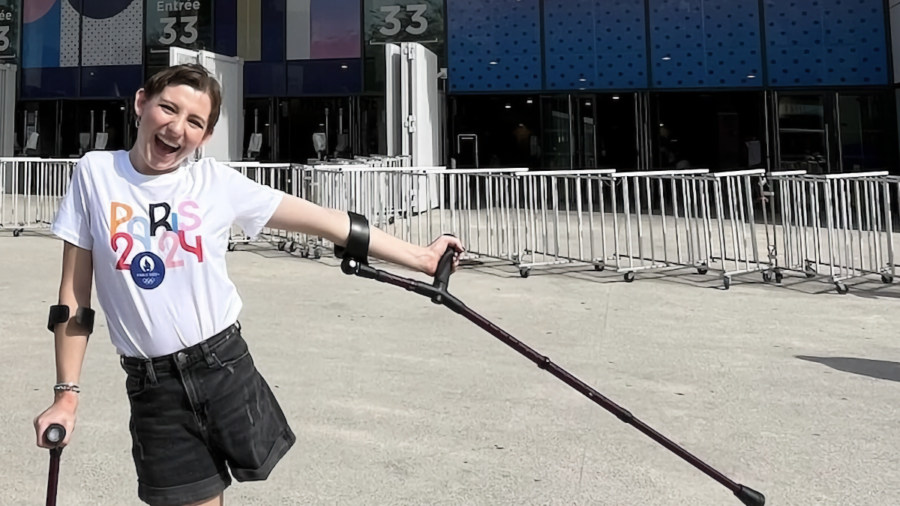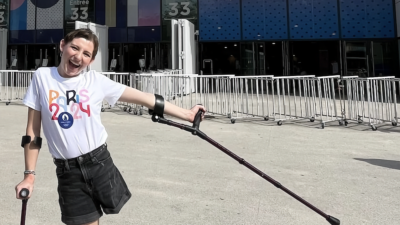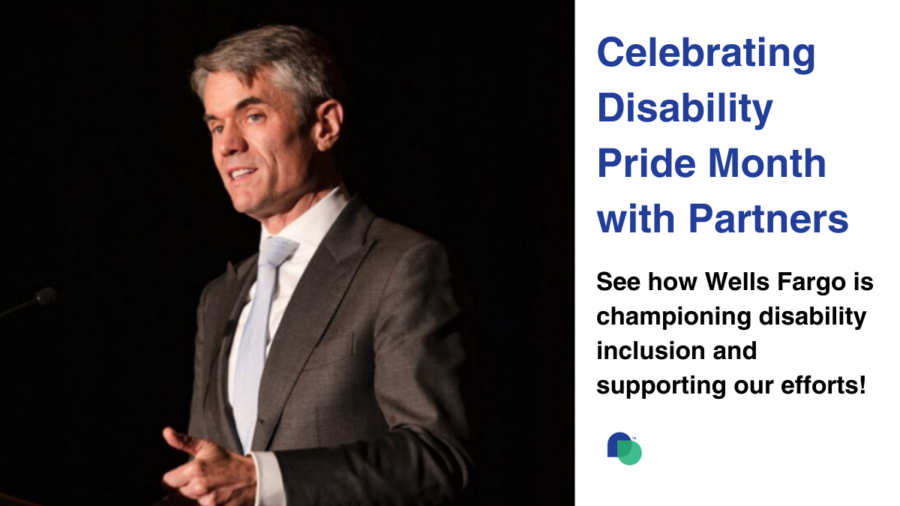In today’s job market, assembling a diverse and inclusive workforce is more crucial than ever. One effective way for employers to achieve this is by teaming up with Community Based Organizations (CBOs) that assist job seekers with disabilities. These partnerships not only improve hiring processes but also uplift local communities by creating better job opportunities for underrepresented groups, as people with disabilities often have trouble finding and keeping meaningful employment.
What is a Talent Partner?
A talent partner is an organization that works alongside employers to help identify, develop, and place job seekers in various roles. Talent partners can include nonprofits, educational institutions, and government agencies dedicated to making a difference through employment. By collaborating with these organizations, businesses can access a broader range of candidates, which ultimately leads to a more inclusive work environment. [continue reading…]


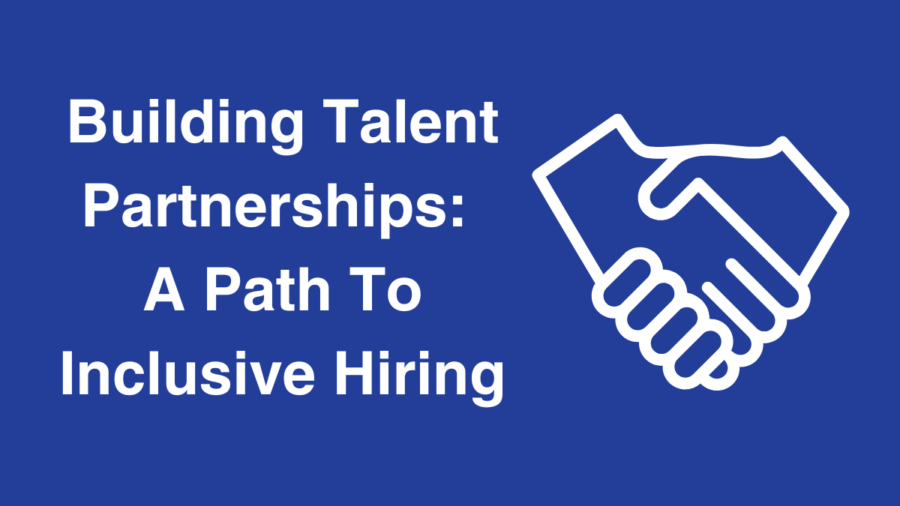
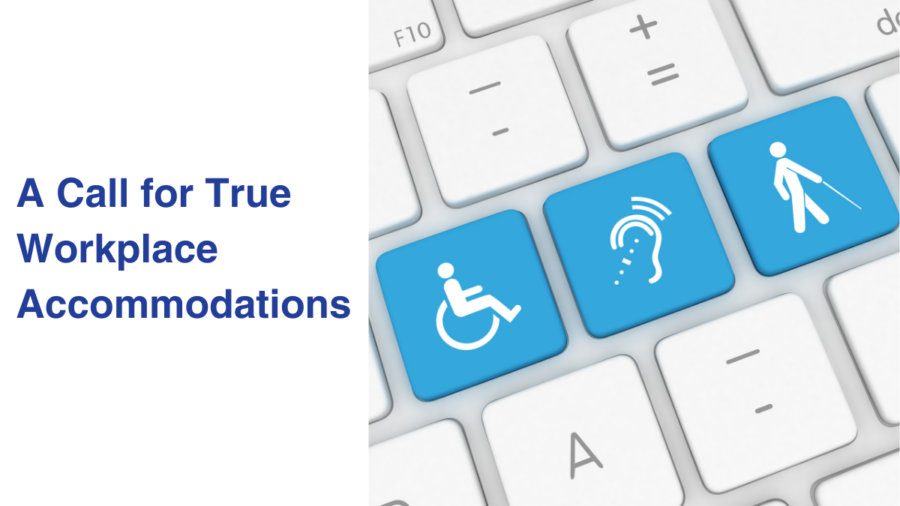


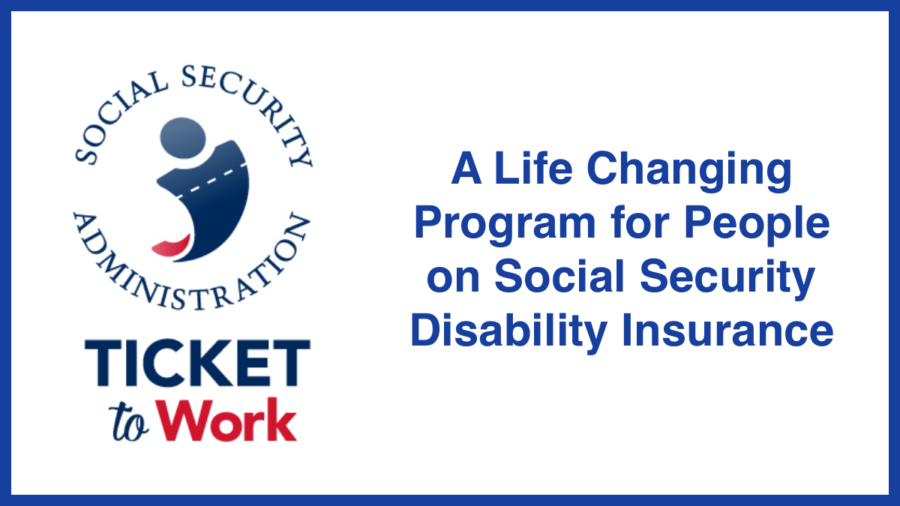
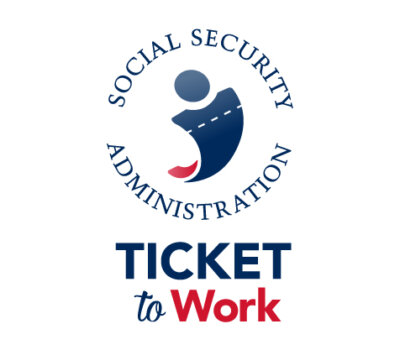 According to
According to 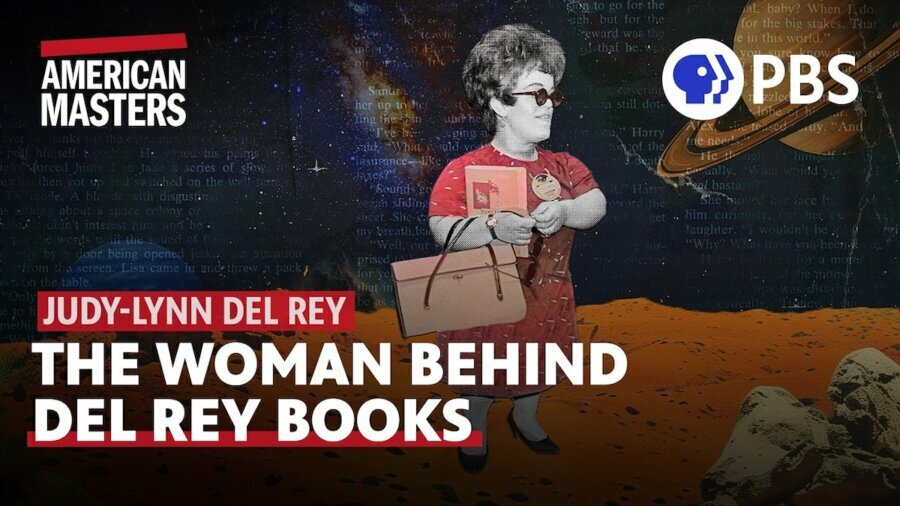
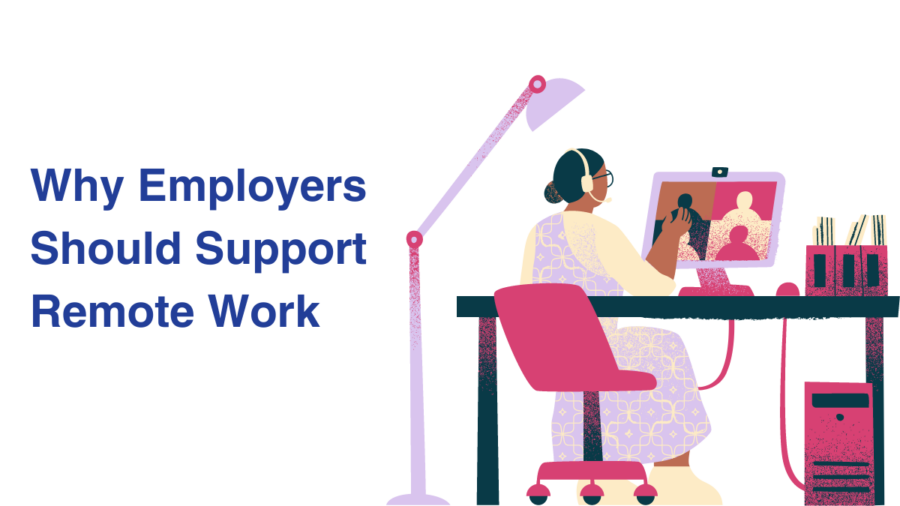
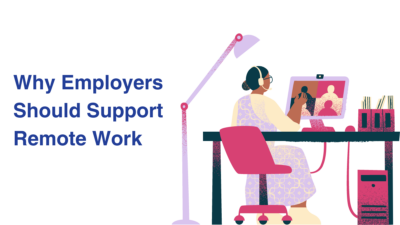 During National Disability Employment Awareness Month (NDEAM), it is important to understand the benefits of remote work for disabled job seekers and employees to create “Access to Good Jobs for All.”
During National Disability Employment Awareness Month (NDEAM), it is important to understand the benefits of remote work for disabled job seekers and employees to create “Access to Good Jobs for All.”
 Assets are defined as the resources you own, including cash, money in checking or savings, cash surrender value, stocks and bonds, cars, and real estate. Under Supplemental Security Income (SSI), individuals cannot exceed an asset cap of $2,000, while married couples have a cap of $3,000.
Assets are defined as the resources you own, including cash, money in checking or savings, cash surrender value, stocks and bonds, cars, and real estate. Under Supplemental Security Income (SSI), individuals cannot exceed an asset cap of $2,000, while married couples have a cap of $3,000.